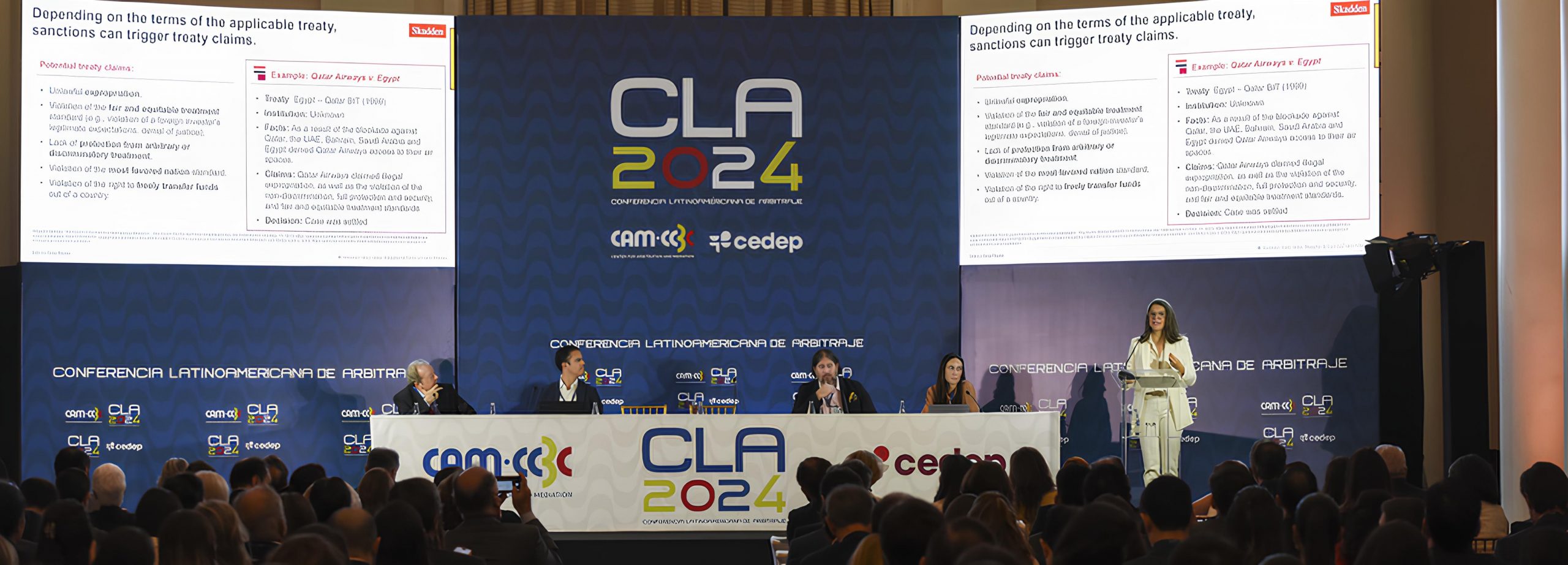By Luiz Gustavo Bichara and Filipe Cunha from Bichara Advogados
On November 7, 2023, the Senate’s Constitution and Justice Committee (ACCJ) approved the basic text of the tax reform. The new text improved upon what had been approved in the Chamber, showing great sensitivity in adapting theoretical parameters considered ideal to the complex reality of a heterogeneous country like Brazil. As Minister Roberto Barroso teaches, “life is richer than the sum of theories“.
Despite the advancements in the text, there is still some room for improvement: the levying of selective tax on basic extractive industries, such as oil and mining, including export operations.
The justification for this new incidence would lie in the environmental impact caused by their activities and the consequent need to compensate mainly states and municipalities.
While this is undoubtedly a laudable intention, two factors must be taken into account:
1. These industries already pay government royalties, special contributions and, in some states (such as Minas Gerais and Pará), taxes on the supervision of their activities. The revenue generated is largely returned to the states and municipalities where the extraction takes place. The debate on adjusting the rates of these taxes has always existed and is healthy, but creating a new tax on these same activities creates a distortion. The desired end can be achieved with the existing tools.
2. The effects of selective taxation on the real economy are detrimental. The purpose of selective taxation is to discourage behavior that is undesirable for the state, such as the consumption of cigarettes and alcoholic beverages, the usual suspects of this tax – hence the nickname “sin tax“. Gambling, weapons and ammunition also usually attract this type of tax.
But now it is intended to institute the “fiscal sin” of carrying out the economic activity of extracting primary products – which fuels the industry and positions Brazil as one of the leading players in international trade.
From an external point of view, this incidence will be an exception to the constitutional rule of tax immunity on exports, which helps to maintain Brazil’s competitiveness in the global market. In other words, it also violates the golden rule of international trade not to export taxes.
From an internal point of view, the tax will end up burdening production chains. It will cost not only the pockets of oil and mining companies but also taxpayers in general.
Take the mineral industry, the mother of basic industries, as an example. Nothing can be done without mineral resources. The food we consume needs mineral fertilizers to be produced. Minerals and metals are in everything around us – from the sheet of paper to the electronic device used by the reader who honors us reading this article to the metal structures, bricks and cement that support our homes.
The selective tax levied on mineral extraction, the first link in an extensive production chain, will burden all subsequent stages, in an undesirable cascade effect. The main mineral product produced in the country is iron ore. According to the IBGE, 90% of iron production is destined for the steel market, which, in turn, produces steel, an input for various industries.
In 2021, according to the Instituto Aço Brasil (Brazil Steel Institute) of the steel produced in Brazil:
- 19% was used by the construction industry;
- 17% by the automobile industry;
- 10% for the production of capital goods;
- 3% for the production of household appliances;
- 2% for the production of packaging and containers.
In other words, 51% of the steel produced in Brazil is indirectly consumed by the average citizen, who, at the end of the chain, buy houses, cars and fridges.
The same logic applies to oil. All sectors of the economy depend, to a greater or lesser extent, on fuel. Therefore, the creation of a selective tax on oil extraction will directly impact the costs of transporting cargo, goods and people.
It seems to us, therefore, that the tax will ultimately result in a loss of competitiveness for the national industry in the foreign market and inflation in the domestic market.
More than 50 countries in Latin America, the OECD and the BRICS have adopted a “sin tax”, but none of them has such a broad incidence base. The imposition of a selective tax on mining, for example, has no parallel in any of these countries. If the text is approved without amendments, Brazil would create a “jaboticaba sin”.
The debate, more than ever, is essential for the long-awaited reform to simplify and rationalize the system without burdening taxpayers and without distancing Brazil from the fiscal practices adopted by the world’s leading economies.
More information at https://www.bicharalaw.com.br
*Source: Bichara Advogados





